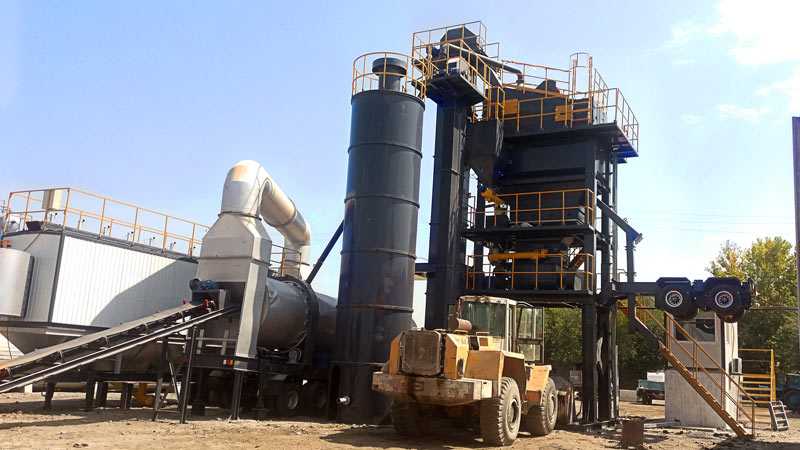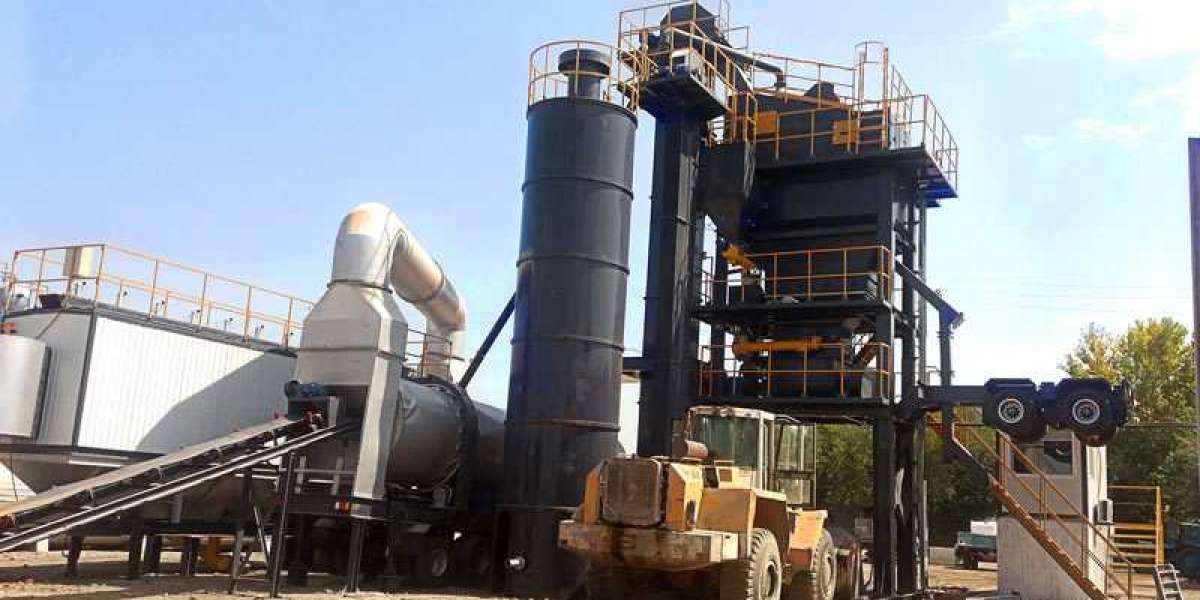In the road and bridge construction industry, working in mountainous or remote areas brings unique challenges. Difficult terrain, limited infrastructure, and unpredictable weather all demand flexible, reliable, and efficient solutions. One increasingly popular answer is the mobile asphalt plant, which offers on-site production, fast relocation, and intelligent control features.
But is a mobile asphalt plant truly the right choice for these tough environments? In this article, we’ll explore its benefits, potential limitations, and how it compares to traditional stationary plants when operating far from urban centers.
Why Mountainous And Remote Projects Require A Different Approach
Projects located in high-altitude or isolated regions often come with logistical nightmares. Transporting asphalt from distant central plants results in delays, temperature loss during transit, and increased costs. Moreover, local roads may not be suitable for heavy trucks to make repeated deliveries.
A mobile asphalt plant(planta de asfalto movil), by contrast, solves this issue by producing asphalt directly at the job site, eliminating dependency on long-distance transport. This makes it an ideal solution for rural roadworks, hill road widening projects, and infrastructure development in undeveloped regions.

Key Benefits Of Mobile Asphalt Plants In Mountain Projects
Easy Transportation And Quick Setup
The modular design of modern mobile asphalt plants allows them to be transported using standard trucks and trailers—even on narrow or winding mountain roads. Once on site, these plants can be assembled and operational within a few days, significantly faster than stationary alternatives.
This portability gives contractors the ability to move quickly from one site to another, which is especially useful in large-scale projects that progress in phases across rugged terrain.
On-Site Production Increases Efficiency
One of the most critical challenges in remote projects is ensuring timely asphalt supply. A mobile asphalt plant provides a constant source of fresh, hot mix directly where it's needed. This eliminates the risk of temperature loss and segregation that can occur during long-distance transport, which can otherwise reduce pavement quality.
With immediate access to hot mix, paving crews can work faster, reduce waste, and complete tasks with fewer interruptions.
Lower Cost And Environmental Impact
By reducing the need for asphalt haulage, mobile plants also reduce fuel consumption and vehicle emissions. Fewer delivery trucks mean less road wear and lower operational costs. This is not only good for the environment but also helpful in meeting sustainability goals increasingly demanded by modern infrastructure contracts.
Furthermore, modern mobile plants feature intelligent controls and efficient burners, which contribute to lower fuel usage and precise aggregate drying—helping contractors cut operating expenses in remote areas where fuel supply may be limited.
Limitations To Consider In Mountain Projects
Site Preparation Still Required
While a mobile asphalt plant is easier to set up than a stationary plant, it still requires a leveled base, basic utilities, and access to raw materials like aggregate and bitumen. In steep or rocky terrain, preparing a stable site may involve additional work and time.
However, many mobile models are designed with these environments in mind, offering flexible layouts and compact footprints suitable for tight or sloped job sites.
Weather Conditions And Altitude
Extreme weather, such as heavy rain or freezing temperatures, can affect production even with a mobile setup. High-altitude locations also require burner adjustments to maintain proper temperature control. Fortunately, many intelligent control systems in mobile plants can automatically adapt to altitude-related pressure changes, ensuring reliable performance.
Choosing The Right Mobile Asphalt Plant For Remote Jobs
Consider Production Capacity
Depending on the scale of your project, you may need a higher-capacity unit or a smaller model with fast setup. Many contractors choose a compact mobile asphalt plant for road maintenance or short-term mountain works, while others opt for larger models with greater automation for continuous projects like national highway expansions.
Look For Intelligent Features
Remote locations often lack technical support. Choosing a plant with intelligent diagnostic systems, remote monitoring, and automated controls can significantly reduce the need for on-site troubleshooting and maintenance.
These features allow fewer operators to run the plant efficiently and safely, even in challenging conditions.
Conclusion
In mountainous and remote projects, a mobile asphalt plant is not just suitable—it’s often the most practical and cost-effective solution. With the ability to relocate easily, produce asphalt on demand, and operate with minimal manpower, mobile plants empower contractors to take on difficult projects with confidence.
While terrain and weather still pose challenges, modern designs and intelligent features make today’s mobile plants more robust and adaptable than ever before. For contractors working off the grid, investing in a mobile asphalt plant can mean the difference between project delays and on-time success.







